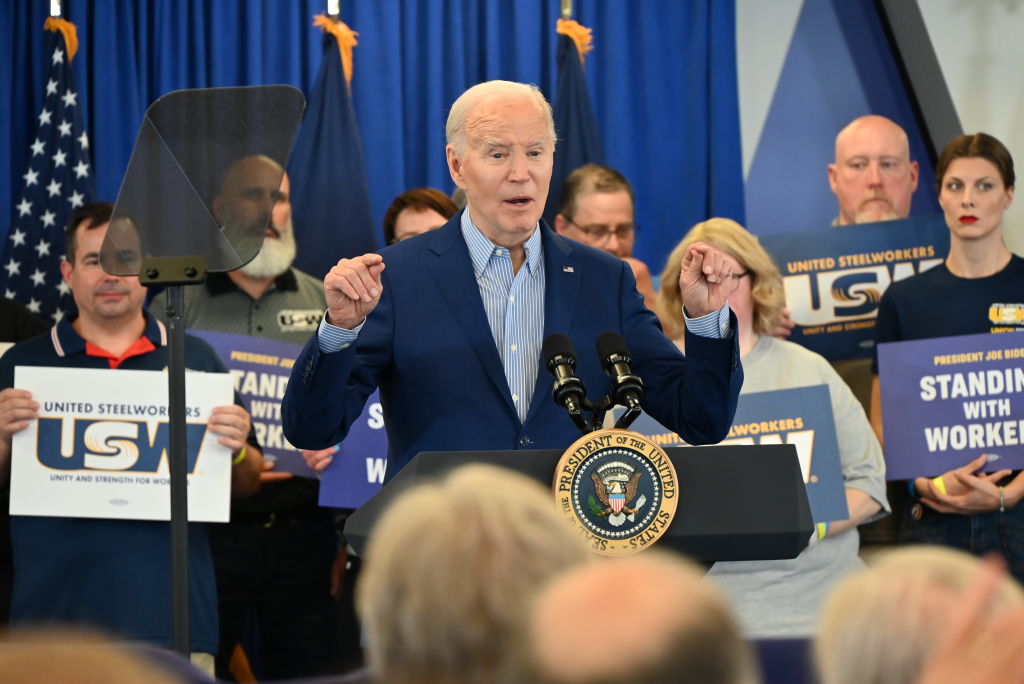

Biden Calls China ‘Xenophobic,’ Ramping Up Campaign Rhetoric
President Joe Biden called China “xenophobic” while highlighting the Asian nation’s economic woes, as he sought to make the case for U.S. economic strength during a campaign stop in the swing state of Pennsylvania.
[time-brightcove not-tgx=”true”]
“They’ve got a population that is more people in retirement than working. They’re not importing anything. They’re xenophobic — nobody else coming in. They’ve got real problems,” Biden said of China in remarks to steel workers in Pittsburgh on Wednesday.
The president’s comments follow a phone call two weeks ago with Chinese President Xi Jinping, their first since a face-to-face meeting in November. While overall relations have stabilized of late, tensions are growing over Chinese investments in manufacturing that risk leading to job losses among blue-collar workers.
The remarks were among the most pointed rebukes Biden has delivered of the world’s second-largest economy, which grew faster than expected in the first quarter even as questions persist over the strength of the recovery.
Read More: Biden Calls Xi a ‘Dictator,’ Again
Biden also called for higher tariffs on Chinese steel and aluminum, part of a series of steps to shore up the American steel sector including a pledge by the president that Japan’s Nippon Steel Corp. wouldn’t successfully acquire Pittsburgh-based United States Steel Corp.
The tariffs would see the U.S. impose new 25% levies on certain Chinese steel and aluminum products as part of an ongoing review, while his administration also launches a formal probe into China’s shipbuilding industry. China’s Commerce Ministry on Wednesday blasted the U.S. review, saying it was “full of false accusations” and “based on the need of domestic politics.”
Biden also criticized Donald Trump for his policies toward Beijing while in office.
“Trump simply doesn’t get it,” Biden said, claiming that it’s incorrect to view China as on the rise and the U.S. falling behind. Asked as he departed Pittsburgh if the steel tariffs would hurt ties with Xi, Biden responded “no.”
Chinese officials have recently sought to boost investor confidence overseas, after years of strict pandemic curbs and tighter national security controls dented sentiment. Foreign businesses’ direct investment into China slumped to a 30-year low in 2023, underscoring challenges facing Beijing.
Xi’s government has expanded visa-free entry to a range of European and Asian nations of late, after he pledged “heart-warming” measures for investors last year during a trip to the U.S. However, China has so far struggled to woo back foreigners after shutting the nation off during the pandemic: The business hub of Shanghai saw 44% fewer foreign visitors in the first two months of this year compared with the same period in 2019.
Imports have also been weak, with falling commodity prices and weak domestic demand due to a housing market crisis and other issues undermining Chinese purchases of foreign goods. Imports were up 1.5% in the first three months of this year, after a 5.5% drop last year.
Biden also vowed to continue efforts to deny China advanced technology like computer chips, which has spurred Xi to invest in becoming more self-sufficient.
“They can’t be sent to China because it would undermine our national security,” Biden said. “When I spoke with Xi Jinping he said ‘Why?’ And I said, ‘Because you’d use it for all the wrong reasons, so you’re not gonna get those advanced computer chips.’”
Get the latest work and career updates delivered straight to your inbox by subscribing to our magazine category today. Stay informed and ahead of the game with Subscrb.
The content on this website has been curated from various sources and is for informational purposes only. We do not claim ownership of any of the content posted here, all rights belong to their respective authors. While we make every effort to ensure that the information is accurate and up-to-date, we cannot guarantee its completeness or accuracy. Any opinions or views expressed on this website are solely those of the original authors and do not necessarily represent our own. We do not endorse or take responsibility for the content or actions of external websites or individuals linked from this website. Any reliance on the information provided on this website is done at your own risk. Please note that this article was originally seen on the source website TIME, by the author Justin Sink and Michelle Jamrisko / Bloomberg
-
SALE!



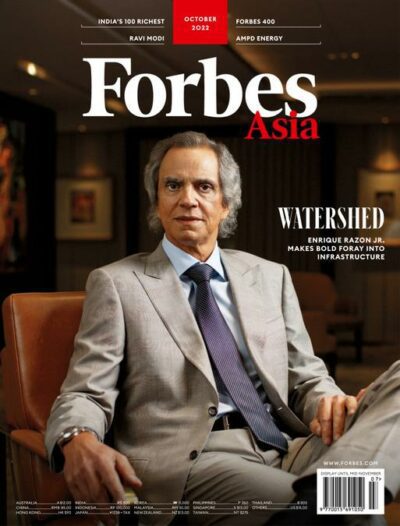
Forbes Asia Magazine Subscription
From: RM220 / year -
SALE!


Fortune Magazine Subscription
From: RM118 / year -
OUT OF STOCK

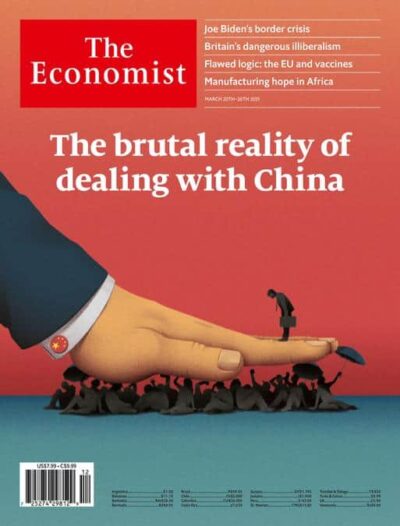

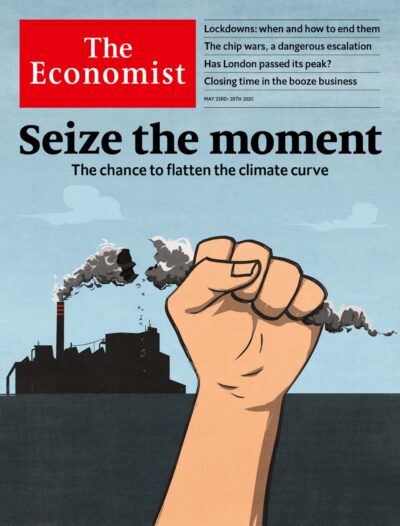
The Economist Magazine Subscription
From: RM1530 / year -

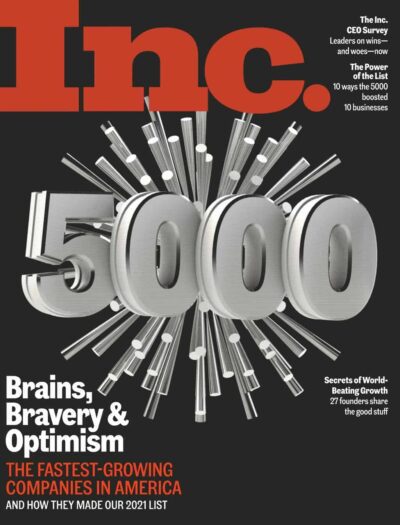
Inc. Magazine Magazine Subscription
From: RM22 / year -


Consumer Reports Magazine Subscription
From: RM22 / year -

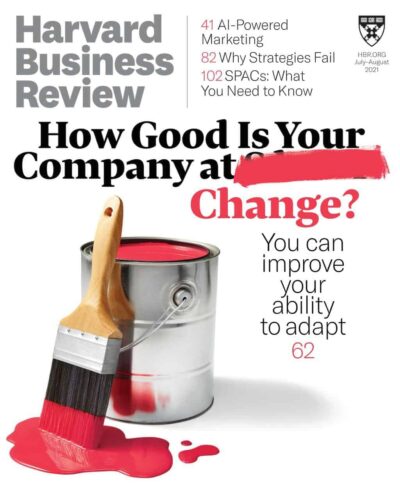
Harvard Business Review Magazine Subscription
From: RM83 / month -

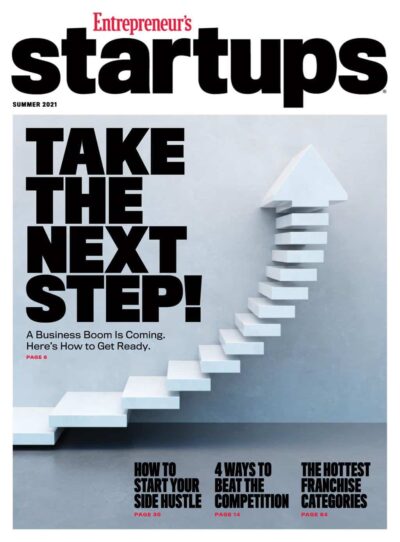
Entrepreneur’s Startups Magazine Subscription
From: RM4 / year -


BILLIONAIRE Magazine Subscription
From: RM131 / year



